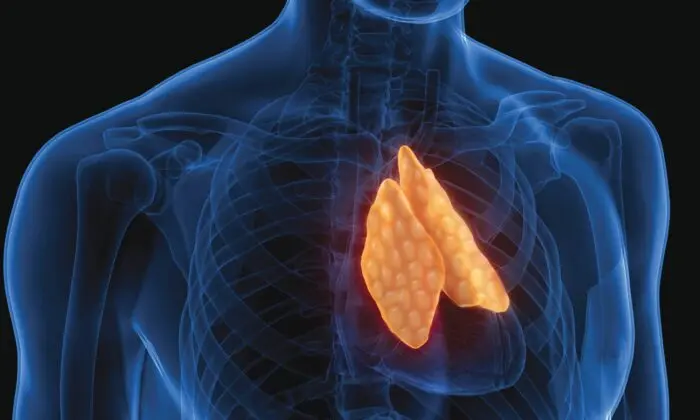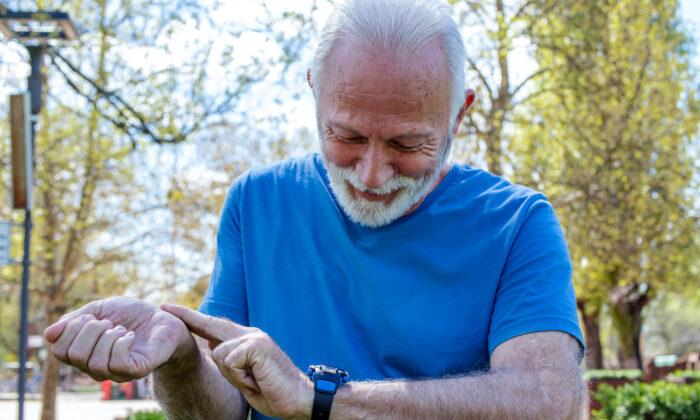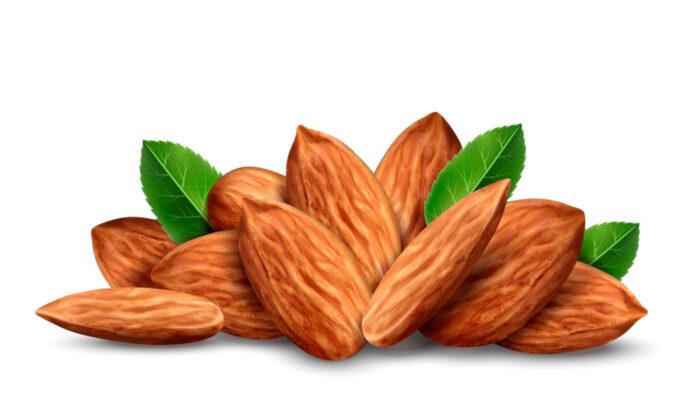Yes, you aren’t reading incorrectly: Honey can reduce blood sugar despite being roughly 80 percent sugar. In addition to lowering blood sugar, honey can boost immunity and slow the aging process. Recently, researchers have shown that honey has a wide range of unanticipated advantages.
Can Diabetic Patients Eat Honey?
There is a long-standing misconception that diabetics can’t use honey in their diets because of the high amount of carbohydrates in its chemical makeup. So can diabetics eat honey or not?Prevent Heart Disease Complications in Diabetics
Diabetic patients are known to be prone to heart disease. In general, diabetic patients have complications such as hypertension and lipid metabolism in addition to hyperglycemia, which can easily lead to atherosclerotic heart disease. In November 2022, researchers from the Temerty Faculty of Medicine at the University of Toronto, Canada, found that eating honey in moderation can effectively reduce the risk of heart disease.Honey Can Improve Obesity, Prevent Diabetes
Obese patients are more likely to develop diabetes compared to healthy individuals. Obesity is the most significant risk factor for diabetes because obese patients frequently have higher overt insulin resistance and because research demonstrates a clear association between obesity and insulin resistance.Studies have reported that honey not only doesn’t contribute to obesity, but it can also help reduce it. The Scientific World Journal study included 55 overweight and obese participants in a 30-day trial. The participants were split into two groups, with one group consuming 70 grams of sucrose daily and the other 70 grams of raw honey.
The scientists discovered that eating honey led to a slight decrease in body weight (1.3 percent) and body fat (1.1 percent). Honey was also found to lower total cholesterol (3 percent), LDL cholesterol (5.8 percent, a “bad” cholesterol), triacylglycerol (11 percent), fasting glucose (4.2 percent), and increase HDL cholesterol (3.3 percent, a “good” cholesterol) in the subjects. The researchers concluded that the consumption of natural honey didn’t increase body weight in these subjects.
Honey Is Best When Eaten in Moderation
Companies often promote their products in a way that magnifies their benefits; therefore, people should be wary of packaging that features “honey.” These products often contain little real honey and more substantial amounts of other added sugars along with processed ingredients that negate any real benefit.To absorb the maximum benefits of honey, consume it one hour before lunch. Drinking it 30 minutes before bedtime helps to relax the nerves and help you fall asleep. Some people have allergic reactions to certain enzymes or pollen in honey, resulting in atopic dermatitis and allergic rhinitis. People with allergies should take a small amount of honey to test their sensitivity. Babies shouldn’t be given honey either, as it can lead to infant botulism.
Diabetes is a chronic disease, and according to the researchers from the Romanian study, it’s vital to determine the optimal dose of honey for human intake. People with diabetes shouldn’t drink honey indiscriminately. People should have their blood sugar levels tested and be sure they are normal before consuming honey regularly. More than 80 percent of honey is composed of sugar. Because honey is rich in monosaccharides and fructose, it’s a blood sugar-raising food that acts quickly.
While eating honey won’t cause high blood sugar in an average person, drinking a lot of honey water or consuming a lot of honey will cause a sudden rise in blood sugar in a diabetic patient, almost like drinking sugar water. Therefore, it’s recommended that people with diabetes pay attention to the amount of honey they use and not consume large amounts at once. A sudden rise in blood sugar can be challenging to control in this population, and acute complications of hyperglycemia may occur.
How to Consume Honey
Honey is a completely natural food that may be eaten on its own. A popular method of consuming honey is to make honey water, prepared by combining a suitable quantity of honey with hot water. Honey shouldn’t be brewed with water that is hotter than 140 degrees Fahrenheit (60 degrees C), which is hot enough to steam but not bubble and to dip your finger in briefly without burning you. Heating honey beyond 140 degrees F will cause many of the health-promoting active ingredients to lose their potency and reduce the nutritional content of the honey.Ensure Your Honey Is Genuine
In the face of the booming honey market, some shady vendors have begun producing “fake honey,” and there are many ways to counterfeit it. It can be difficult to tell real honey from fake, though there are a variety of tests promoted online that may give you some indication.One of the best ways to ensure your honey is real is to purchase it from a local producer. Then you will not only gain the benefits of real honey, but also gain additional benefits from supporting your local food system and drawing a deeper connection to the local plants bees feed on.




